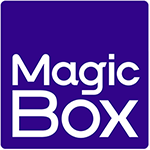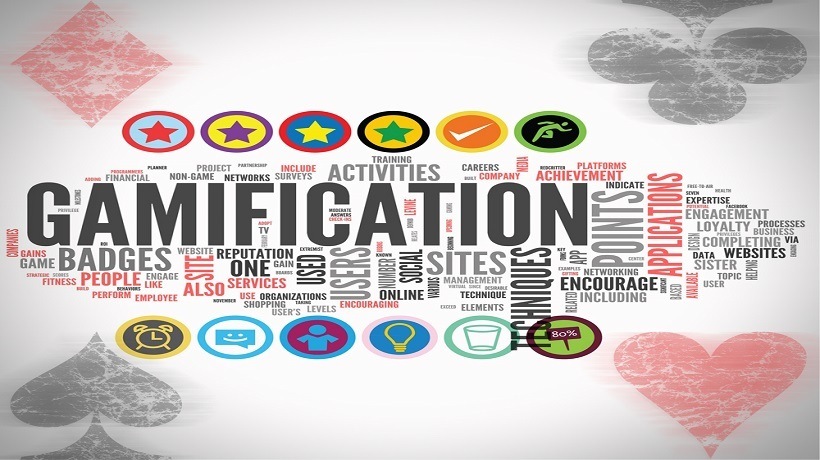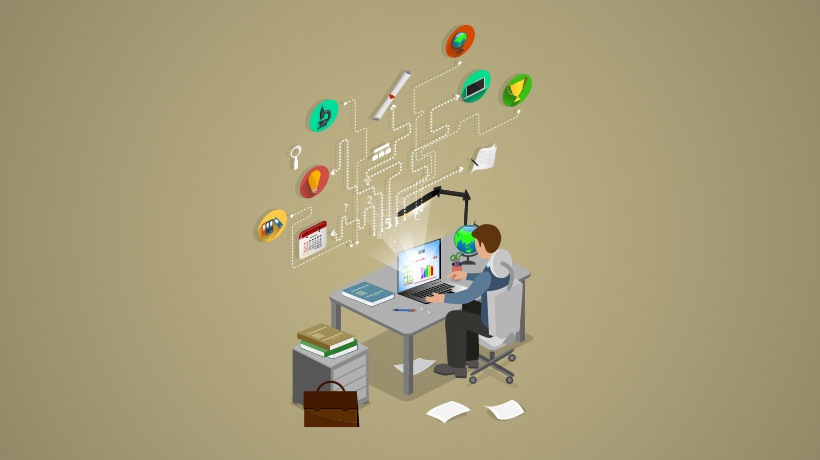Boost Learner Motivation By Leveraging Gaming Elements
The application of game design principles and gaming elements offers a sense of enhanced autonomy, relatability, and competence through interactive experiences in non-game environments. Education technology leverages gamification to bolster engagement and motivate learners to achieve their learning goals. It is especially useful for introverted learners, who demonstrate low agreeableness and low openness. Gameful learning design significantly improves engagement and accuracy in assessments for such students. A possible reason could be a reduction in anxiety levels due to interaction with game elements. While more research is required in this area, there is no denying that gameful design can drive higher academic achievement.
Gamification Vs. Game-Based Learning
Games introduce interaction, feedback, and a narrative to make learning fun and sustain motivation. There are two approaches to incorporating gaming elements in the learning process: gamification and game-based learning.
Gamification follows conventional learning activities while introducing elements, such as leaderboards and badges, to improve engagement and motivation. For instance, adding rewards for every lesson completed and badges for every milestone achieved. Leaderboards create a sense of competition, driving learners to attempt to rise to the top.
Game-based learning, on the other hand, involves learning through game elements. It transforms the learning experience into a gaming one. For instance, using an online equal cake distribution activity to teach division to primary learners, and conducting codeathons for programming students or role-plays for literature students can evoke interest in learning.
Both gamification and game-based approaches add an element beyond traditional teaching, and a mix of the two is the most suitable approach to optimize gamification in digital learning.
Types Of Gaming Elements And How They Help
Curriculum designers must understand the wide variety of gaming elements to gauge which ones will be most suitable for a particular learner level, learning style, student goal, and learning outcome.
1. Interactive Quizzes And Trivia
Quizzes and trivia instill curiosity and bolster engagement, turning the classroom into a competitive zone, and attaching learning to an active experience. Instant feedback keeps students motivated and encouraged for longer, strengthening learning.
2. Rewards Systems
Rewards are a means to motivate learners to push their limits. Incentivizing students for participation, achieving milestones, and performing extraordinarily is a great way to reinforce favorable behaviors. The feeling of accomplishment through recognition supports learning as a medium of personal success.
3. Role-Playing Simulations
Role-based simulations connect learning to real-world situations by creating opportunities for problem solving and critical thinking. An experiential approach helps build communication skills, team spirit, and empathy. Immersive practices facilitate better comprehension.
4. Storytelling Adventures
Storytelling through multimedia or as a narrative is an effective way to enhance enjoyment and relatability in the learning process. Creating story arcs and building protagonist characters improves students' imagination while sustaining the excitement.
5. Classroom Competitions
Group or solo competitions allow students to sharpen their skills and enhance their learning. While groups help in learning team building and leadership, solo competitions help learners play to their strengths and win over their weaknesses. Teachers must ensure that everyone in the classroom feels adequately included in all the activities.
Implementing Gamification In A Classroom
Here's an outline of the steps to implement gamification in learning environments:
1. Set Clear Goals
Clear and flexible goals bolster learners' determination to progress toward their goals. For instance, consider using badges. Clearly stating how a student can "win" a badge, why they need to get the badge, and whether they can lose it can give learners a reason to progress along their learning journeys. Connecting the badge with their performance reports is essential here.
2. Identify Relevant Gaming Elements
The most important task as an educator incorporating gamification is to identify the right elements to include. For instance, the badge strategy may work for younger learners but not for senior or higher-education learners. They need a more concrete way to incentivize their time on "gaming." For example, medical students can use interactive game settings to learn the root cause of a diagnosis, first aid, and even surgery.
3. Support Competition And Promote Collaboration
As facilitators of learning achievement, educators must create opportunities for students to collaborate and learn. For instance, having a discussion forum is useful only if meaningful discussions occur. Start a thread about an intriguing topic, invite suggestions, or post an open challenge. A single prompt to write a short story can inspire creativity and engage students in such a forum.
4. Provide A Sense Of Progression
Students want their efforts to be recognized. Don't we all? To encourage student participation, they must be incentivized. While younger learners are easier to please with a gold sticker on their performance chart, seniors require concrete incentives. This could be in the form of additional credits or access to assistive materials for a future assignment. Visual dashboards, demonstrating milestone achievement, are a great way to encourage self-paced learners.
5. Provide Meaningful Feedback
Timely and relevant feedback is essential for student improvement. It completes the cycle of learning. Additionally, students who are unable to acquire incentives should not feel demotivated. When conducting quizzes or MCQs, allow students to improve their answers. For instance, they could get to buy a scratch card from the points earned to get a hint or access a learning resource to reattempt the question.
6. Personalize The Experience
Every learner is unique. This means goals, learning milestones, and even rewards can be personalized. Personalized learning journeys can be instrumental in allowing students to work on their weaknesses. Offering students the choice to choose a project or video assessment can further instill a sense of ownership.
7. Analyze Student Data
AI-powered analytics is a boon for gamified learning. Assessing student participation rates, improvement in engagement levels, and assessment of achievement levels can guide learning designers. Student data can offer insights into which gaming elements work better in certain situations.
EdTech Is Pivoting Towards A Gamified Model
The gamification of education technology is growing rapidly. It is forecasted to expand at a whopping CAGR of 32% from 2024 to 2030. Educators and other stakeholders are increasingly recognizing its benefits. As the industry grows, AI-powered adaptive platforms that create personalized learning paths in real time will become ubiquitous. Data-driven insights will continue to empower educators to offer tailored and targeted learning materials, assessments, and feedback.
Immersive technologies, such as AR/VR, will further provide multidimensional learning experiences, transporting learners into the realm of the narrative. Have you ever considered visiting ancient times to see the Egyptian pyramids being constructed or witnessing mountains and seas forming in front of your eyes? VR may make it happen through simulations. Buckle up, the future is already knocking!










